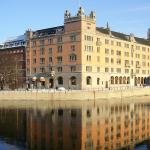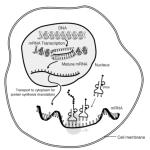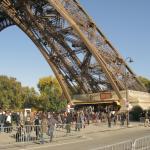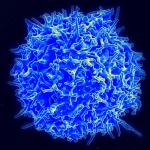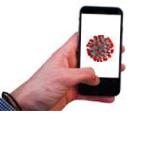Several months ago, we ran a story on the best (worst?) conspiracy theories about the coronavirus.
SARS-CoV-2
Early in the COVID pandemic, most countries, particularly those in Europe, chose harsh lockdowns to get the coronavirus under control, and they were largely successful. But not all of them.
The race for the first FDA approved coronavirus vaccine is heating up, and it appears that Pfizer may cross the finish line first.
Last week, Prime Minister Justin Trudeau of Canada announced that the U.S.-Canada border would likely remain closed to all non-essential travel due to concerns about the spread of the coronavirus in the U.S.
(1) Mission accomplished? COVID-19 infections continue to spiral out of control in Europe. Any progress Europe made in controlling the coronavirus is now completely gone, as well as the premature gloating.
I collect science textbooks. Some of the best ones I have on my shelf are Janeway's Immunobiology, Lehninger Principles of Biochemistry, Casarett & Doull's Toxicology, and Sherris Medical Microbiology.
A group at the Commonwealth Scientific and Industrial Research Organization (CSIRO), the national science agency of Australia, just
In any normal year, an academic debate about the efficacy of a certain drug to treat an infection would never garner media attention. But this isn't a normal year.
After the coronavirus crept out of China earlier this year, Europe became the epicenter of the pandemic. In response, nations across the continent implemented fairly harsh lockdowns.
Several months ago, there was speculation that SARS-CoV-2, the coronavirus that causes COVID-19, was created in a Chinese bioweapons laboratory.

